2010 brings Duck Down Records to 15 years of existence. Still standing amidst the broken bodies of Loud, Rawkus, Death Row, No Limit, and so many idies that rose high and flamed out, The little label that could has steadily chugged along retooling and rebuilding and delivering quality music. Planet Ill sat down with co label head Dru Ha to discuss behind-the-scenes stories and the secret to their survival in a market that, at best, is certainly unkind to those who get caught slipping. Read on.
Planet Ill: Black Moon’s original album was not a Duck Down album. What led to the formation of the label?
Dru Ha: Well I actually worked at the label, at Nervous. I was actually Executive Producer of that album with Buckshot as well being a main member of Black Moon. So we did that record on Nervous. We got our learn on. We learned a lot. We cut our teeth there. We brought Smiff-N-Wessun into the fold. Buck introduced me to them and we originally started managing them. We actually brought them into the same situation to that same label. We were trying to get a bigger piece of the pie; thinking that we were doing a lot of the work and heavily involved in the campaign and the marketing. And just doing a lot of the stuff, we felt like we could go out there and get our own situation for the new groups that we were going to bring in. So that really is what motivated us, money and getting a bigger piece of it.
Planet Ill: How have you managed to stay viable over the last 15 years? Generally speaking, entities come out. They get bought out and they become part of the mainstream and that’s that. How did you manage to stay independent, but stay in business?
Dru Ha: Well we had a lot of trials and tribulations, definitely highs and lows. I’ve heard Buck say this in interviews and it’s a good point. We never really made it so big, you know, and I think some of that has worked to our benefit. Sometimes when you get to a certain success level or you have that one humongous record that blows up and there’s lots of money floating around, things can totally break up a camp or break up an organization because people don’t feel like they are getting what they deserve or they don’t feel like they’re getting rewarded correctly.
I think we’ve just kind of, by being steady, we have avoided that situation. Of course we would have loved to have had more success over the years, commercial success in terms of actual sales. But I think in some ways that’s kept us grounded and you know we have been fortunate enough to still be consistent with our numbers and still have significance with our numbers. That has maintained us. You know so it’s like we’ve been steady and when you are steady it allows you to keep going. It allows you to continue playing the game.
Planet Ill: What exactly is your relationship with the artists? How did it evolve and when did you become comfortable enough to take it to the next level and say, “Let’s do this?”
Dru Ha: Well Buck and I were you know just kind of learning on the go. During those Black Moon days I really was just an intern. At the very beginning of it, I got handed an expensive car right, without really having a license. I was given the wheels and they was like, you know, let’s drive. Then you are in an independent situation which Nervous Records was an indie as well. So we are learning from another independent company and we are seeing how they do it. In those situations you kind of wear a lot of hats. You have to, because you don’t have a big staff or a whole lot of money so you have to make do with what you have. People have to do a lot of different jobs.
So I’m dealing with retail. I’m dealing with radio. I’m dealing with publicity. I’m dealing with production and studio time. Turning that into management and going on the road and road managing and doing all types of things like that. And doing so much of that, directly dealing with Buck and Evil Dee and 5 and Black Moon, then assuming those responsibilities for Smiff-N-Wessun, it only took a couple of years for us to realize man we can do this. This is something we are doing on our own already. There is no one putting a hand out to help us. No one was offering a better situation. It just really led to us thinking we could do it for ourselves and Buck was a big part of that.
I remember taking Buck to a couple of meetings for management. Black Moon was being managed by Chuck Chillout and some things didn’t work out between them. That was their own internal situation that I will let them speak to but they were looking for new management and you know I remember setting up a couple meetings for Buck. It was the furthest thing from my mind and from his mind I would think at that moment in time that this was something we were about to form. 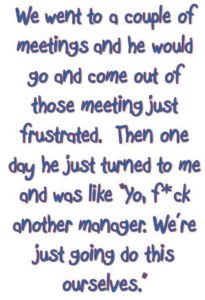
We went to a couple of meetings and he would go and come out of those meeting just frustrated. Then one day he just turned to me and was like “Yo, f*ck another manager. We’re just going do this ourselves.” So at first it was just like an unofficial relationship. In terms of like there was no paperwork or contracts and all types of things like that. We just ran with it.
Planet Ill: Now in the last 15 years how important was branding in maintaining your existence or establishing your presence? You have managed to simultaneously brand not only Duck Down, but you have Boot Camp Clik. You have made different brand expansions but they never seem to stray too far from the Duck Down central umbrella.
Dru Ha: Well I think that too is from being observant of other people and other camps in the game, other labels, ones that are here and gone. I think that you definitely have to stand for something. You have to represent something. We made our mistakes too over the years that we had to learn from and we have been able to rebound from, like going away from an original sound in the early 90’s when there was a certain associative sound with Boot Camp.
Before Duck Down was the umbrella that it is today, it was Boot Camp. It was times during that period that we had our reign and then we disappointed some of our fans with the production and the different style that the music went towards. And then I watched other labels come through, whether it be a Rawkus or a Tommy Boy or a Loud Records. You know, certain labels that enjoyed a lot of success and then somehow, for whatever reason, like Priority Records would come and go, maybe over the course of time. And I’m not taking away any of their accomplishments because all of those labels have been historic and they reached levels we’ve never reached still existing and still going on with this.
But just observing why they couldn’t maintain, why they couldn’t keep going. And I think for those early times it was a refocus for me and Buck on the label to at least be consistent and represent something for the brand. That was just what we consider authentic true Hip-Hop. We feel that’s what represents us. So some people are like why did you sign him? Why did you go after that group? We feel like maybe it’s a different form or a different number on the clock, in terms of that it may not sound the same or it’s not all underground Brooklyn Hip-Hop. But the core of it all is that the emcees are all truly emcees and we feel that they represent the art and the love and passion of the music.
***LISTEN*** Dru Ha 15 Minutes On 15 Years Part 1
Follow Us on Twitter @ http://twitter.com/planetill
Follow Odeisel on Twitter @ http://twitter.com/odeisel
Join Us on the Planet Ill Facebook Group for more discussion
Check out Planet Ill’s page on Essence.com
Follow us on Networked Blogs

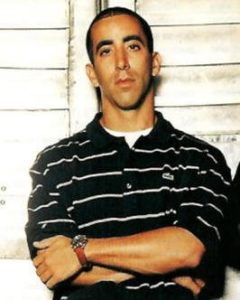
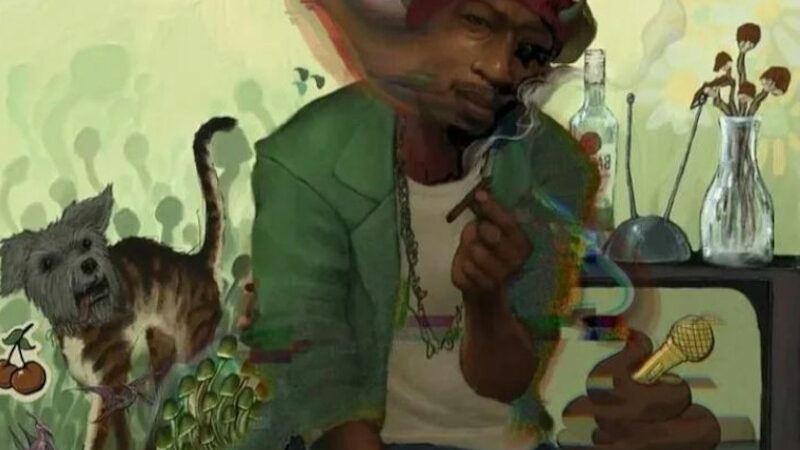
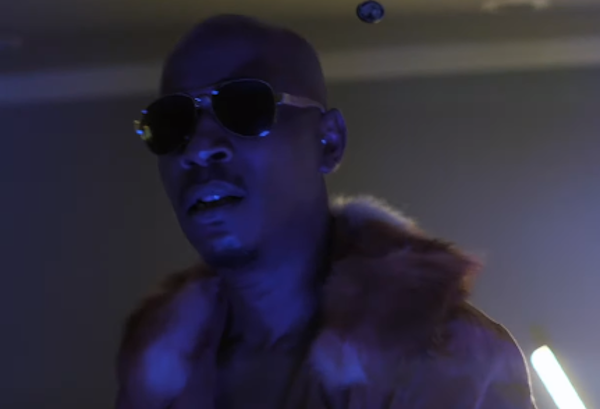
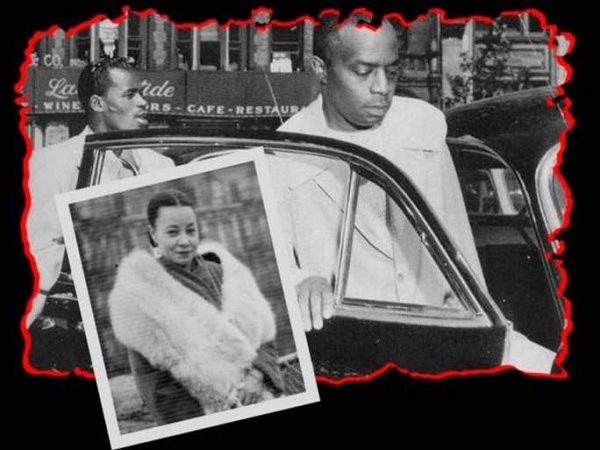
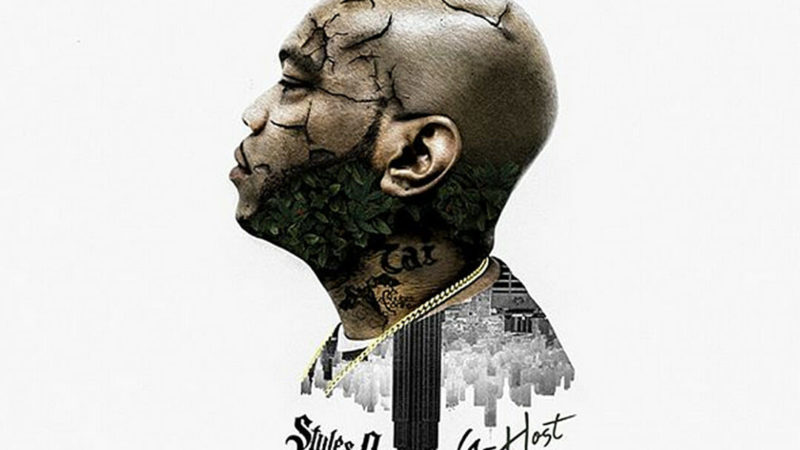
2 thoughts on “Dru Ha: 15 Minutes on 15 Years Part 1”